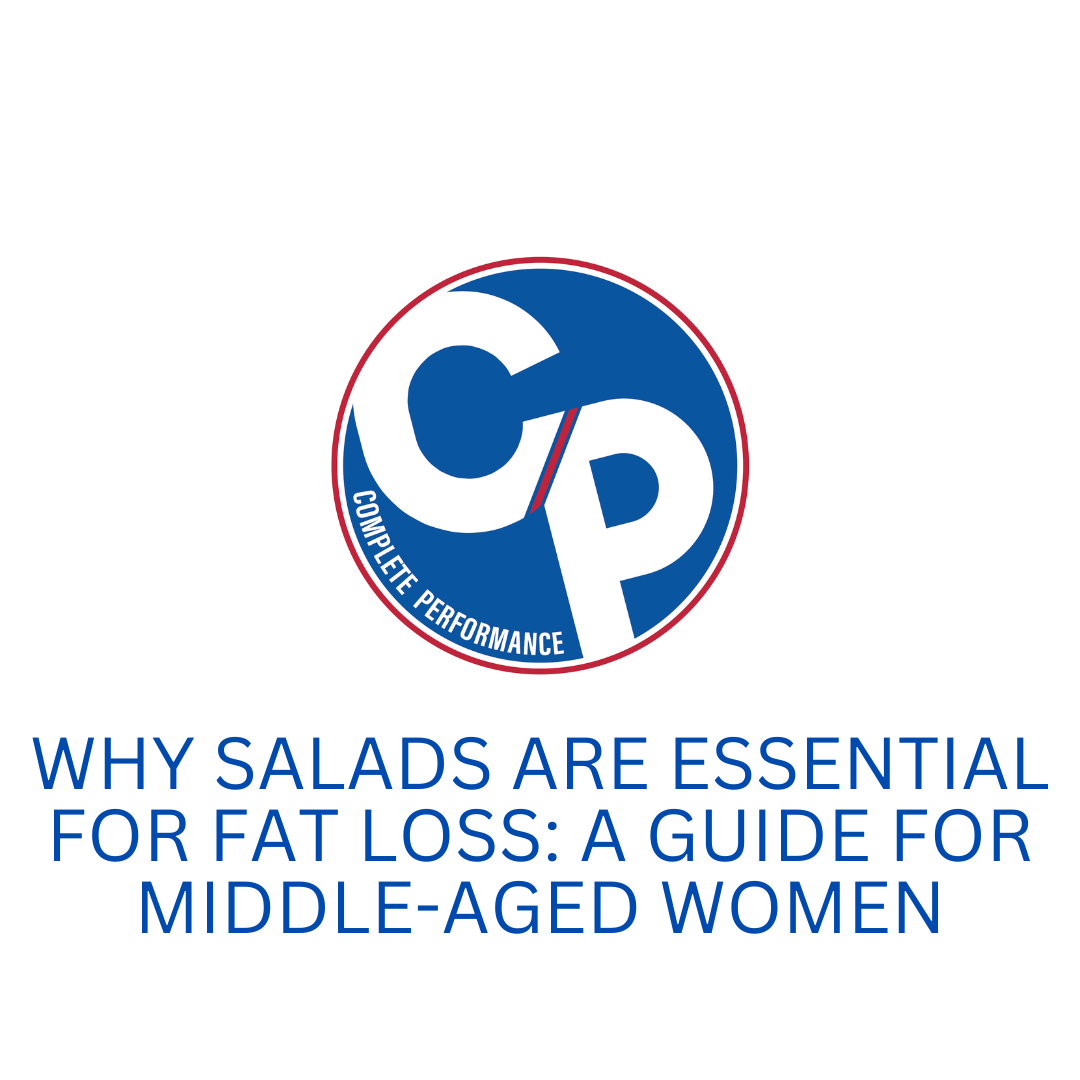When it comes to losing those last 10 to 20 pounds, the key often lies in the small, consistent choices we make every day. For women aged 40 to 60, those choices are even more important due to the natural changes in metabolism and hormones that come with aging. One powerful yet simple choice you can make is incorporating salads into your daily routine. But we’re not talking about just any salad—we’re talking about nutrient-packed, deliciously satisfying salads that support fat loss and overall health.
Why Salads?
Salads are a game-changer for fat loss for several reasons:
1. Low in Calories, High in Nutrients: Salads are naturally low in calories but high in volume, meaning you can eat a substantial portion without feeling guilty. This helps create the calorie deficit necessary for fat loss. But more importantly, salads are packed with essential nutrients that your body needs to function optimally, especially as you age.
2. Rich in Fiber: The leafy greens and vegetables in salads are rich in fiber, which helps keep you full longer and aids digestion. Fiber is also known to regulate blood sugar levels, which is crucial for fat loss.
3. Hydration: Many salad ingredients like cucumbers, tomatoes, and leafy greens have high water content, helping you stay hydrated. Proper hydration is essential for metabolism and helps flush out toxins.
4. Supports Hormonal Balance: As you enter your 40s and beyond, hormonal changes can affect weight loss. Salads filled with the right ingredients can support hormone balance, helping you manage weight more effectively.
How to Build a Healthy Salad
Building a healthy, fat-loss-friendly salad doesn’t have to be complicated. Here’s how to do it:
1. Start with a Base of Leafy Greens
– Spinach: High in iron, calcium, and vitamins A and C.
– Kale: Packed with antioxidants and fiber.
– Arugula: Adds a peppery flavor and is rich in folate and vitamins A and C.
– Romaine Lettuce: Low in calories and high in vitamin K and folate.
2. Add Colorful Vegetables
– Bell Peppers: Rich in vitamins A and C.
– Carrots: High in beta-carotene, which supports skin and eye health.
– Tomatoes: Loaded with lycopene, an antioxidant linked to reduced risk of heart disease.
– Cucumbers: Hydrating and refreshing, with a high water content.
3. Include Lean Proteins
– Grilled Chicken: A lean source of protein that helps repair and build muscle.
– Salmon: Provides healthy omega-3 fatty acids that support heart and brain health.
– Hard-Boiled Eggs: Offer high-quality protein and healthy fats.
– Chickpeas: A plant-based protein that adds fiber and texture.
4. Incorporate Healthy Fats
– Avocado: Rich in heart-healthy monounsaturated fats.
– Olive Oil: A good source of healthy fats and antioxidants.
– Nuts and Seeds: Add crunch, healthy fats, and a dose of magnesium, which is vital for energy production.
5. Top with a Flavorful Dressing
– Opt for homemade dressings with olive oil, vinegar, lemon juice, and herbs.
– Avoid store-bought dressings that are high in sugar and unhealthy fats.
The Diversity of Micronutrients
One of the most significant benefits of salads is the diversity of micronutrients they provide. Micronutrients, such as vitamins and minerals, play a crucial role in metabolism, energy production, and overall well-being.
1. Vitamin C from peppers, tomatoes, and citrus-based dressings supports the immune system and aids in collagen production.
2. Vitamin A from leafy greens and carrots helps maintain healthy skin and vision.
3. Calcium from kale and spinach supports bone health, which is essential as you age.
4. Magnesium from nuts, seeds, and leafy greens helps regulate muscle and nerve function, blood sugar levels, and blood pressure.
Overall Health Benefits of Salads
Beyond fat loss, eating a salad every day can have a profound impact on your overall health:
1. Improved Digestion: The fiber content in salads promotes regular bowel movements and a healthy gut.
2. Better Skin: The vitamins and antioxidants in salads contribute to a healthy, glowing complexion.
3. Reduced Inflammation: Ingredients like leafy greens, tomatoes, and olive oil are known for their anti-inflammatory properties, which can help reduce the risk of chronic diseases.
4. Increased Energy Levels: The combination of vitamins, minerals, and healthy fats in salads provides sustained energy throughout the day.
For women aged 40 to 60 looking to shed those last 10 to 20 pounds, salads are a must-have in your daily diet. They are low in calories but high in nutrients, support hormonal balance, and provide a wide range of health benefits. By building a healthy salad with a variety of leafy greens, colorful vegetables, lean proteins, and healthy fats, you’ll not only support your fat loss goals but also enhance your overall well-being.
So next time you’re planning a meal, think salad—it’s more than just a side dish; it’s a path to a healthier, leaner you.






